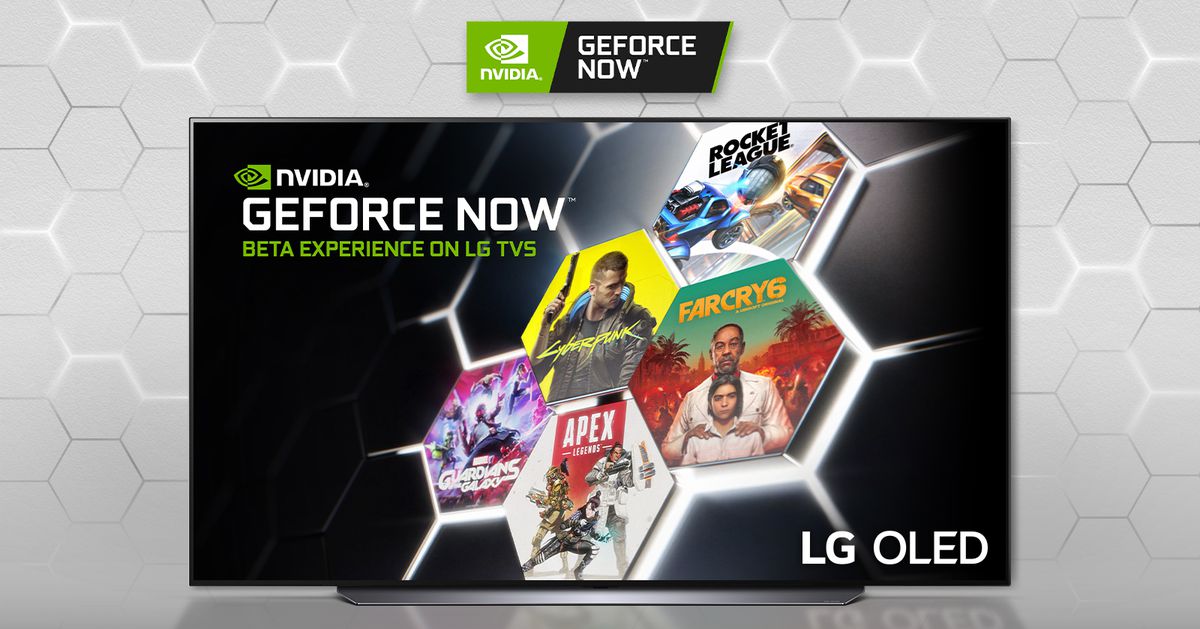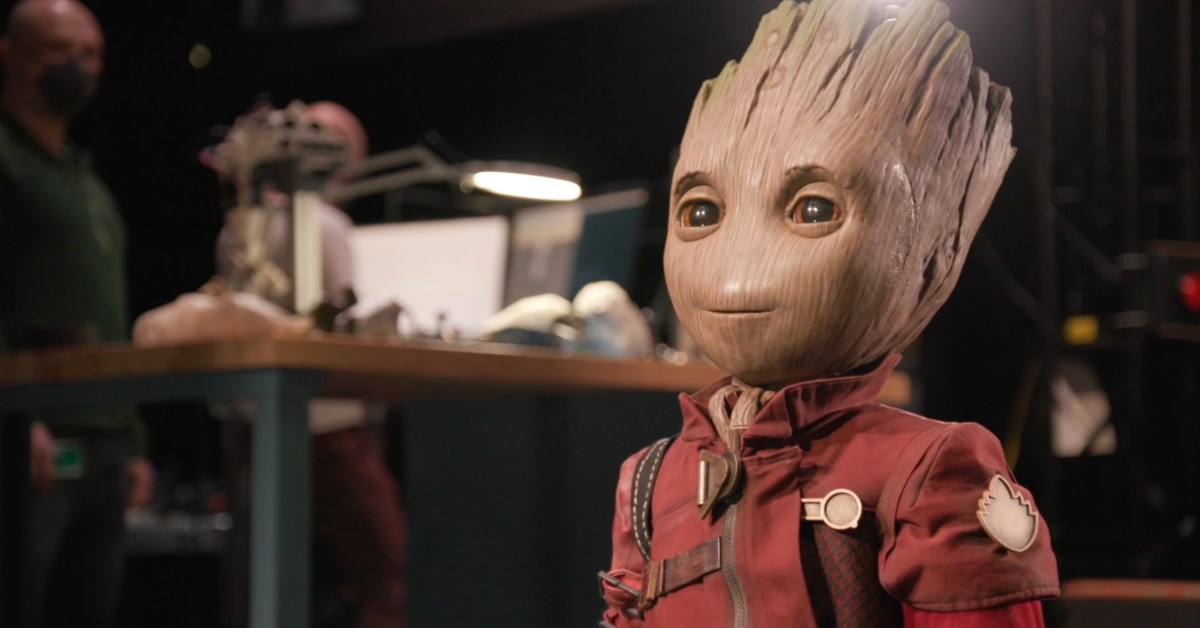HubSpot is the latest SaaS company to woo creators – TechCrunch
It’s getting harder these days to get your buyer’s attention. It used to be that you paid for some ads and threw up some blog posts and you were pretty much good to go, but as these channels become less effective, SaaS companies are looking to more sophisticated kinds of media production to reach their intended audiences.
This week, HubSpot announced a program to give creators some money and a platform to produce podcasts and deliver them on the HubSpot website. The company hopes to take advantage of having access to a wider variety of content while giving the creators a way to reach a broader audience.
“Breaking through in the saturated podcast market can be incredibly difficult, especially for creators who are starting from scratch,” Kieran Flanagan, SVP of Marketing at HubSpot, said in a post announcing the news. “Through HubSpot Creators, we’re able to leverage our position as a leader in the content space to raise the profiles of emerging creators who share in our mission of helping millions of organizations grow better.”
In addition to getting access to the company’s platform and potential wider reach, creators get a monthly payment that increases as the audience grows. HubSpot has created four growth stages that correspond to venture funding notions: seed and Series A, B and C. They can also get access to other resources like editors and producers as they move through this system.
Brent Leary, founder and principal analyst at CRM Essentials, believes the approach is a really smart move.
“Embracing creators and helping them to tell their stories allows HubSpot to extend their content ecosystem but also be a part of the broader creator ecosystem. That approach can allow HubSpot to build important relationships with individuals and communities as they evolve their own content strategy into other formats and channels,” Leary told TechCrunch.
HubSpot was born as an inbound marketing platform in 2006, using blogs to drive interest in a company’s products and services. While the content marketing idea has evolved, Flanagan wrote in a post on LinkedIn announcing the new program that the original inbound marketing idea still resonates and has increased in importance with the development of product-led growth.
Another big element here is building communities — people who matter to you as a brand — around these content pieces. Flanagan said that communities create a way to drive even more interest either directly (a percentage of these people become customers) or indirectly (they at least share your content with a broader world).
The company is launching the program with eight podcasts with names like “Content is Profit” and “(Un)Sexy.” These podcast themes relate in some way to HubSpot’s mission as a sales and marketing platform, offering content that HubSpot hopes will drive interest in its products and services.
It’s worth noting that HubSpot isn’t alone in creating programs like this. LinkedIn offers a similar approach for creators, as does MailChimp. But is piggybacking on these platforms the best way for creators to build an audience? What are the trade-offs?
Per a non-public creator terms sheet provided to TechCrunch by a source, HubSpot will pay creators a minimum of $1,000 per month for creating their weekly podcast, regardless of how many downloads it gets. This seems like a good deal for new podcasters, since it can take a while to get an independent show to the point where it is generating that much income. Podcasters in this lowest “seed” tier are also given a one-time marketing investment of $5,000.
But podcasters must give up some rights for access to this fast infusion of cash. Per HubSpot’s public creator program agreement, participation in the program grants HubSpot a perpetual license to their show, including altering it and creating derivative works from it. If HubSpot deems a host unable to fulfill their obligations, HubSpot reserves the right to replace them.
Though creators remain the owners of their show, HubSpot’s perpetual license makes it clear that this financial support comes with strings attached.
“HubSpot respects the rights of creators, and they believe this strikes a fair balance between creators and HubSpot,” a HubSpot spokesperson told TechCrunch. “HubSpot will also consider waiving exclusivity for creators who leave the program in good standing.”
LinkedIn also recently launched a similar podcast network but declined to share specifics about its creator agreement. A LinkedIn representative told TechCrunch that its podcast partners “retain complete ownership over their content,” but did not elaborate on its licensing agreement.
But as more SaaS companies launch their own podcast networks, podcasters will face difficult decisions regarding the value of their creative control versus the access to funding that these programs provide.



